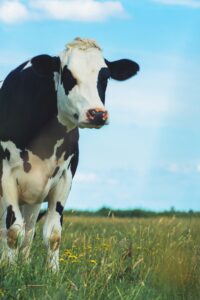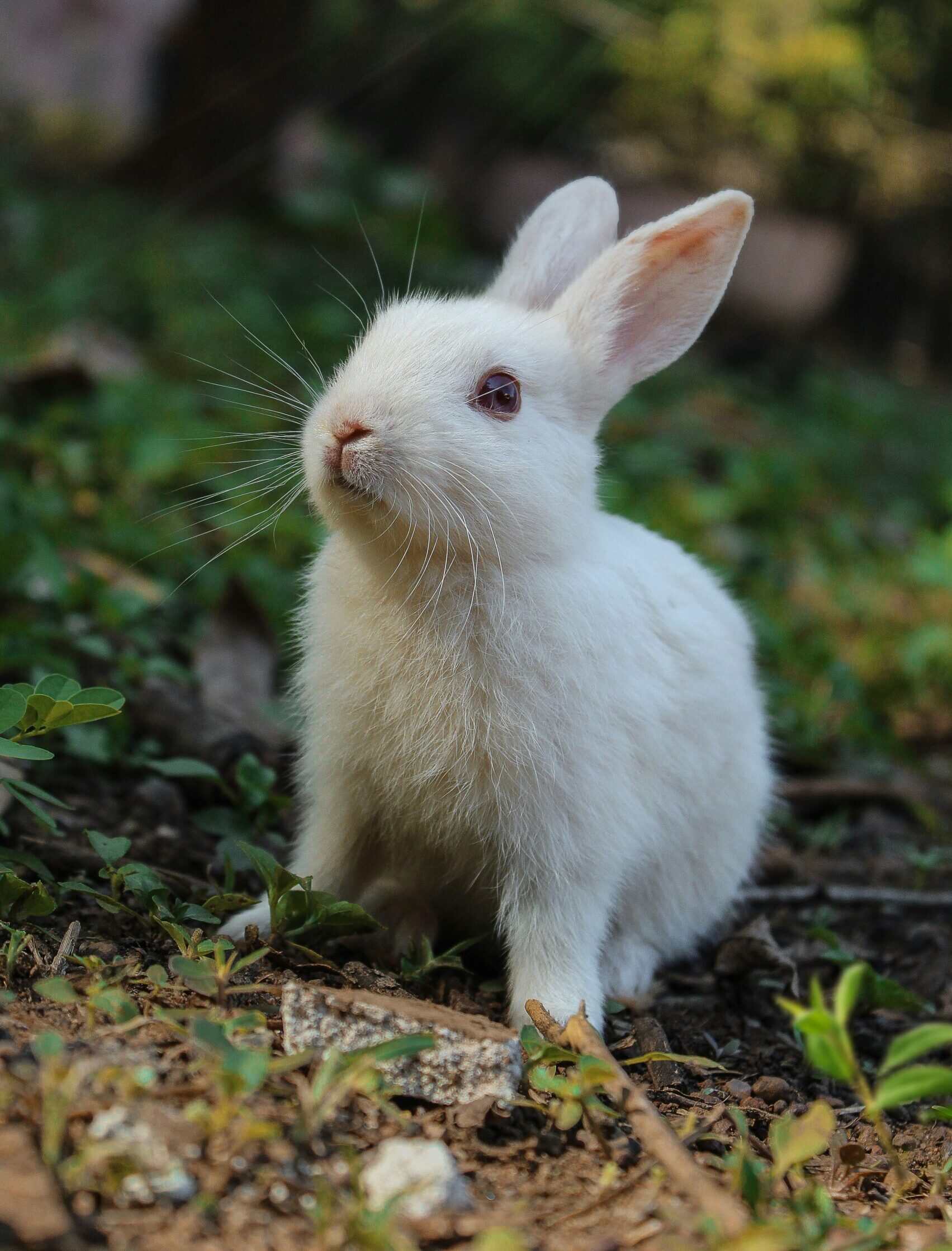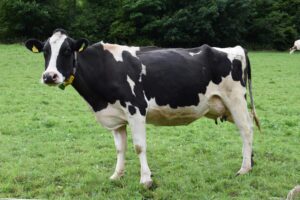A Foundation of Horticulture and Culture
Cows play had an essential impact in human progress for centuries, filling in as a pivotal connection between farming, food, and culture. Respected in different social orders across the globe, these delicate animals offer considerably more than simply milk and meat; they represent success, sustenance, and manageability.
Authentic Significance
From antiquated developments to present day cultures, cows have been fundamental to farming practices and monetary dependability. In antiquated India, for instance, cows were venerated as holy creatures representing abundance and ripeness. They were wellsprings of milk and dairy items as well as vital to customs and functions. Also, in antiquated Egypt, cows were related with the goddess Hathor, encapsulating maternal consideration and supporting.
Monetary Contributions
Today, cows keep on being a foundation of horticulture around the world. They give dairy items like milk, cheddar, margarine, and yogurt, which are staple food sources in many eating regimens. The dairy business upholds a great many jobs universally, from limited scope ranchers to huge dairy enterprises. Additionally, steers likewise contribute essentially to the meat business, giving hamburger ate in different structures worldwide.
Ecological Impact
Past their monetary worth, cows assume a vital part in biological systems and natural maintainability. They add to supplement going through their nibbling propensities, which keeps up with meadows and fields. Moreover, their compost is a characteristic manure that enhances soil wellbeing, advancing yield development and lessening the requirement for compound composts.
In any case, the natural effect of dairy cattle, especially as far as ozone harming substance discharges and land use, has ignited banters about maintainability. Endeavors are in progress to further develop cows cultivating rehearses, for example, rotational eating and methane catch advances, to moderate these impacts.
Social and Representative Importance
Cows hold significant social importance in numerous social orders. In Hinduism, for example, cows are worshipped as encapsulations of the heavenly and are vital to the idea of “ahimsa” (peacefulness). In different societies, cows represent ripeness, overflow, and cordiality, frequently portrayed in craftsmanship, writing, and legends.
Challenges and Conservation
Regardless of their significance, cows face difficulties, for example, sickness episodes, environmental change influences, and hereditary disintegration. Preservation endeavors are critical to protecting customary steers breeds and hereditary variety, guaranteeing versatility against future difficulties.
Looking Ahead
As we explore the intricacies of current agribusiness and ecological supportability, the job of cows stays critical. Offsetting financial advantages with natural stewardship is fundamental for guaranteeing a maintainable future where cows keep on assuming an imperative part in food security, social legacy, and environmental equilibrium.
All in all, cows are not simply animals; they are mainstays of horticulture, culture, and manageability. Understanding and valuing their diverse commitments can prompt more educated choices about their protection and government assistance, guaranteeing that people in the future can profit from their priceless presence on our planet.
Continued: Challenges and Innovations in Cow Husbandry
As we delve deeper into the multifaceted role of cows in our societies, it’s crucial to address both the challenges they face and the innovative solutions being developed to ensure their sustainable contribution to our world.
Challenges Facing Cows
1. Climate Change Impact:Cattle farming is associated with greenhouse gas emissions, primarily methane from enteric fermentation and manure management. These emissions contribute to climate change, prompting calls for more sustainable practices and technologies to mitigate environmental impact.
2. Health and Welfare: Diseases such as bovine tuberculosis and foot-and-mouth disease pose significant threats to cattle health and productivity. Ensuring robust veterinary care and disease management strategies is essential for maintaining healthy herds.
3. Genetic Diversity: The intensification of agriculture has led to a loss of genetic diversity among cattle breeds. Conservation efforts are crucial to preserving traditional breeds that are adapted to specific environments and resilient to diseases and climate variability.
Innovations in Cow Husbandry
1. Precision Agriculture: Advances in technology, such as sensors and data analytics, enable precision livestock farming. This approach allows farmers to monitor individual cows’ health, behavior, and productivity in real-time, optimizing feeding regimes and overall management practices.
2. Sustainable Feeding Practices: Researchers are exploring alternative feed sources, such as algae and insect protein, to reduce the environmental footprint of cattle farming. These alternatives can potentially lower methane emissions and decrease the reliance on land-intensive feed crops like soybeans and corn.
3. Methane Mitigation Technologies: Innovations in methane capture and utilization are promising avenues for reducing greenhouse gas emissions from cattle. Techniques such as dietary supplements and bio-digesters that capture methane from manure are being researched and implemented to curb emissions effectively.
4.Genetic Improvement:Selective breeding programs aim to enhance desirable traits in cattle, such as disease resistance, heat tolerance, and milk or meat yield. Genetic technologies, including gene editing, offer new possibilities for accelerating these breeding efforts responsibly.
The Future of Cows
Looking ahead, the future of cows in agriculture hinges on sustainable practices, technological advancements, and cultural preservation. Embracing integrated approaches that balance economic profitability with environmental stewardship is essential for ensuring the longevity of cattle farming.
Moreover, fostering global collaboration and knowledge-sharing among farmers, scientists, policymakers, and consumers is vital. By collectively addressing challenges and embracing innovations, we can safeguard the invaluable contributions of cows to food security, cultural heritage, and environmental sustainability.
In conclusion, while cows face challenges in an increasingly complex world, they also inspire innovation and adaptation. By honoring their historical significance, embracing technological advancements, and prioritizing sustainable practices, we can ensure that cows continue to thrive and contribute positively to our lives and planet for generations to come.
Cows in a Changing World
As we continue to explore the role of cows in our society, it’s essential to delve deeper into the evolving landscape of agriculture, sustainability challenges, and the future pathways for these iconic animals.
Sustainable Agriculture Practices
1. Agroecology:Embracing principles of agroecology can promote sustainable cattle farming. This approach integrates ecological principles into agricultural production systems, emphasizing biodiversity, soil health, and natural resource conservation. Practices such as rotational grazing and agroforestry not only benefit cattle health but also enhance ecosystem services and resilience to climate change.
2. Circular Economy Initiatives: Adopting circular economy principles can minimize waste and maximize resource efficiency in cattle farming. For example, utilizing cow manure as a renewable energy source through anaerobic digestion can generate biogas for electricity or heat, reducing methane emissions while producing valuable fertilizer for crops.
3. Local and Indigenous Knowledge: Recognizing and integrating local and indigenous knowledge systems can offer valuable insights into sustainable cattle farming practices. Traditional practices often emphasize harmony with nature, biodiversity conservation, and resilience to environmental variability, providing holistic approaches to cattle husbandry.

Ethical Considerations
1. Animal Welfare: Ensuring high standards of animal welfare is paramount in cattle farming. Practices such as providing adequate space, access to clean water and nutritious feed, and minimizing stress during handling and transportation are essential for promoting the well-being of cows.
2. Cultural Preservation: Cows hold significant cultural value in many societies worldwide. Preserving traditional husbandry practices, indigenous cattle breeds, and cultural ceremonies associated with cattle can foster cultural identity and resilience, enriching the cultural tapestry of communities.
Global Collaboration and Policy
1. International Cooperation: Addressing global challenges in cattle farming, such as climate change mitigation and disease management, requires international cooperation and knowledge exchange. Collaborative research initiatives, policy frameworks, and trade agreements can facilitate sustainable development goals in cattle agriculture.
2.Policy Innovation:Governments and international organizations play a crucial role in shaping policies that promote sustainable cattle farming. This includes incentivizing environmentally friendly practices, supporting research and innovation, and ensuring regulatory frameworks that uphold animal welfare standards and biodiversity conservation.
Consumer Awareness and Choices
1. Sustainable Consumption: Educating consumers about the environmental and ethical considerations of cattle products can empower them to make informed choices. Supporting sustainably produced beef and dairy products, certified by credible standards, encourages market demand for responsible farming practices.
2. Food Security and Nutrition: Cows contribute significantly to global food security by providing nutrient-dense milk and protein-rich meat. Promoting diverse and balanced diets that include dairy and meat products, alongside plant-based foods, can enhance nutritional outcomes while supporting sustainable food systems.
Conclusion
In conclusion, cows are not merely livestock but integral components of agricultural systems, cultural heritage, and environmental sustainability. Embracing holistic approaches that integrate ecological principles, technological innovations, ethical considerations, and global cooperation is essential for ensuring the resilience and vitality of cattle farming in a changing world.
By nurturing a balanced relationship between humans, cows, and nature, we can harness the potential of these remarkable animals to contribute positively to our lives and planet, now and for future generations.


